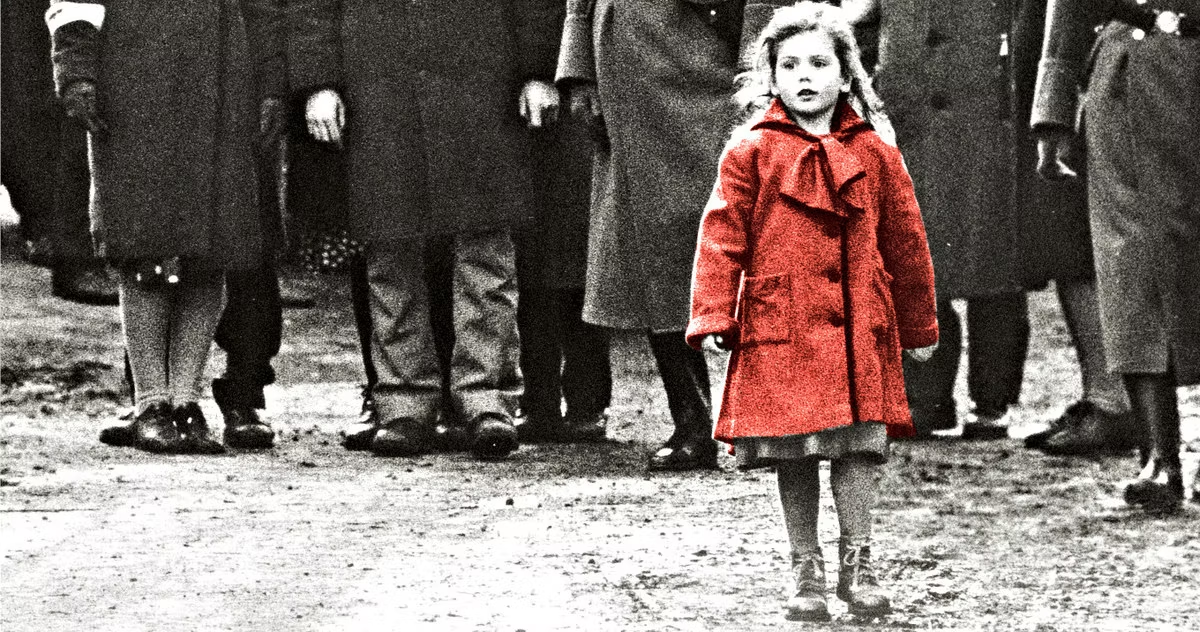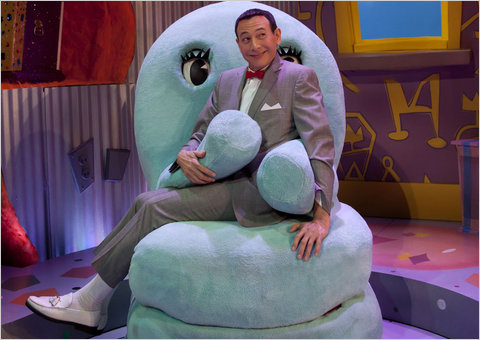Unveiling the Top 21 Historical Films That Shaped Cinema
Discover the top 21 historical films that have shaped cinema with our in-depth analysis of their impact, accuracy, and storytelling techniques.
Criteria for Ranking the Greatest Historical Movies
When discussing historical movies, it’s essential to understand the criteria that elevate a film to greatness. The significance of these films often lies in their ability to blend accurate historical representation with compelling storytelling. Let’s explore what makes these movies stand out:
Historical Accuracy and Research
Historical accuracy is a cornerstone of impactful historical films. The effectiveness of a movie in portraying historical events accurately can significantly influence its reception and educational value. Films like Schindler’s List and 12 Years a Slave are lauded not only for their storytelling but also for their meticulous research and fidelity to historical facts.
Storytelling Techniques
Great historical movies don’t just present facts—they tell a story that captivates the audience. Techniques such as character development, dramatic tension, and emotional depth play crucial roles. For instance, Gladiator combines action with an engaging personal story, making ancient Roman history accessible and thrilling.
Top 21 Historical Movies of All Time
Here’s our curated list of the greatest historical movies ever made, each with its unique contribution to cinema and history.
Movie 1: Schindler’s List (1993)
Director: Steven Spielberg
Historical Context: Holocaust
Synopsis: This film tells the true story of Oskar Schindler, a German businessman who saved over a thousand Polish Jews from the Holocaust. Schindler’s List is renowned for its powerful portrayal of historical tragedy and its profound impact on audiences.
Critical Reception: The film won seven Academy Awards, including Best Picture and Best Director. Its realistic depiction of the Holocaust has made it a vital educational tool.
Movie 2: 12 Years a Slave (2013)
Director: Steve McQueen
Historical Context: American Slavery
Synopsis: Based on the memoir of Solomon Northup, a free black man who was kidnapped and sold into slavery, 12 Years a Slave provides a harrowing account of slavery in the antebellum South.
Critical Reception: The film received widespread acclaim for its raw and unflinching portrayal of slavery, winning the Academy Award for Best Picture.
Movie 3: Gladiator (2000)
Director: Ridley Scott
Historical Context: Ancient Rome
Synopsis: Gladiator follows the story of Maximus Decimus Meridius, a Roman general betrayed and forced into gladiatorial combat. The film is celebrated for its epic scale and engaging narrative.
Critical Reception: It won five Academy Awards, including Best Picture and Best Actor for Russell Crowe.
Movie 4: The Last Samurai (2003)
Director: Edward Zwick
Historical Context: Meiji Restoration Japan
Synopsis: This film explores the story of an American military advisor who becomes embroiled in the conflict between the Japanese government and samurai rebels during the late 19th century.
Critical Reception: The Last Samurai was praised for its portrayal of Japanese culture and its action sequences.
Movie 5: Braveheart (1995)
Director: Mel Gibson
Historical Context: Scottish Independence
Synopsis: Braveheart chronicles the life of William Wallace, a Scottish warrior who led a rebellion against English rule. The film is known for its dramatic storytelling and epic battle scenes.
Critical Reception: It won five Academy Awards, including Best Picture and Best Director.
Movie 6: Dunkirk (2017)
Director: Christopher Nolan
Historical Context: World War II
Synopsis: Dunkirk depicts the evacuation of Allied soldiers from Dunkirk, France, during World War II. The film is notable for its immersive portrayal of wartime chaos.
Critical Reception: The film received acclaim for its innovative narrative structure and visual storytelling, winning three Academy Awards.
Movie 7: Lincoln (2012)
Director: Steven Spielberg
Historical Context: American Civil War
Synopsis: Lincoln focuses on the final months of Abraham Lincoln’s presidency and his efforts to pass the Thirteenth Amendment, which abolished slavery.
Critical Reception: The film was praised for Daniel Day-Lewis’s performance and its insightful look into Lincoln’s leadership.
Movie 8: The King’s Speech (2010)
Director: Tom Hooper
Historical Context: World War II
Synopsis: This film tells the story of King George VI’s struggle to overcome his speech impediment with the help of a speech therapist, set against the backdrop of the impending war.
Critical Reception: It won four Academy Awards, including Best Picture and Best Actor for Colin Firth.
Movie 9: The Pianist (2002)
Director: Roman Polanski
Historical Context: World War II
Synopsis: The Pianist follows the life of Polish pianist and composer Władysław Szpilman during the Holocaust. The film is noted for its emotional depth and historical accuracy.
Critical Reception: The film received acclaim for its portrayal of survival and resilience, winning three Academy Awards.
Movie 10: Selma (2014)
Director: Ava DuVernay
Historical Context: Civil Rights Movement
Synopsis: Selma chronicles the 1965 voting rights marches from Selma to Montgomery, led by Martin Luther King Jr. The film highlights the struggle for civil rights and social justice.
Critical Reception: It was praised for its powerful depiction of a pivotal moment in American history, receiving an Academy Award nomination for Best Picture.
Influence of Historical Movies on Modern Cinema

Historical films have a profound influence on modern cinema, shaping genres and inspiring new storytelling techniques. Their impact extends beyond the screen, influencing public perceptions of history and culture.
Impact on Film Genres
Historical movies often blend elements from various genres, including drama, action, and biography. This genre fusion creates a rich tapestry of storytelling that continues to influence filmmakers.
Legacy and Cultural Impact
The legacy of these films is evident in their continued relevance and impact on popular culture. They serve as educational tools and sources of inspiration, preserving historical narratives for future generations.
Final Thoughts
The greatest historical movies offer more than just entertainment—they provide valuable insights into pivotal moments in history. Their ability to engage, educate, and inspire makes them essential viewing for anyone interested in the past and its representation in cinema.
Quotes
- “The film [Schindler’s List] is a masterpiece, essential for understanding the Holocaust.” — The Guardian
- “12 Years a Slave is a powerful and harrowing film that portrays the horrors of slavery with remarkable authenticity.” — The New York Times
References:
- Schindler’s List – IMDb https://www.imdb.com/title/tt0108052/
- 12 Years a Slave – IMDb https://www.imdb.com/title/tt2024544/
- Gladiator – IMDb
- https://www.imdb.com/title/tt0172495/
- The Last Samurai – IMDb https://www.imdb.com/title/tt0325710/






